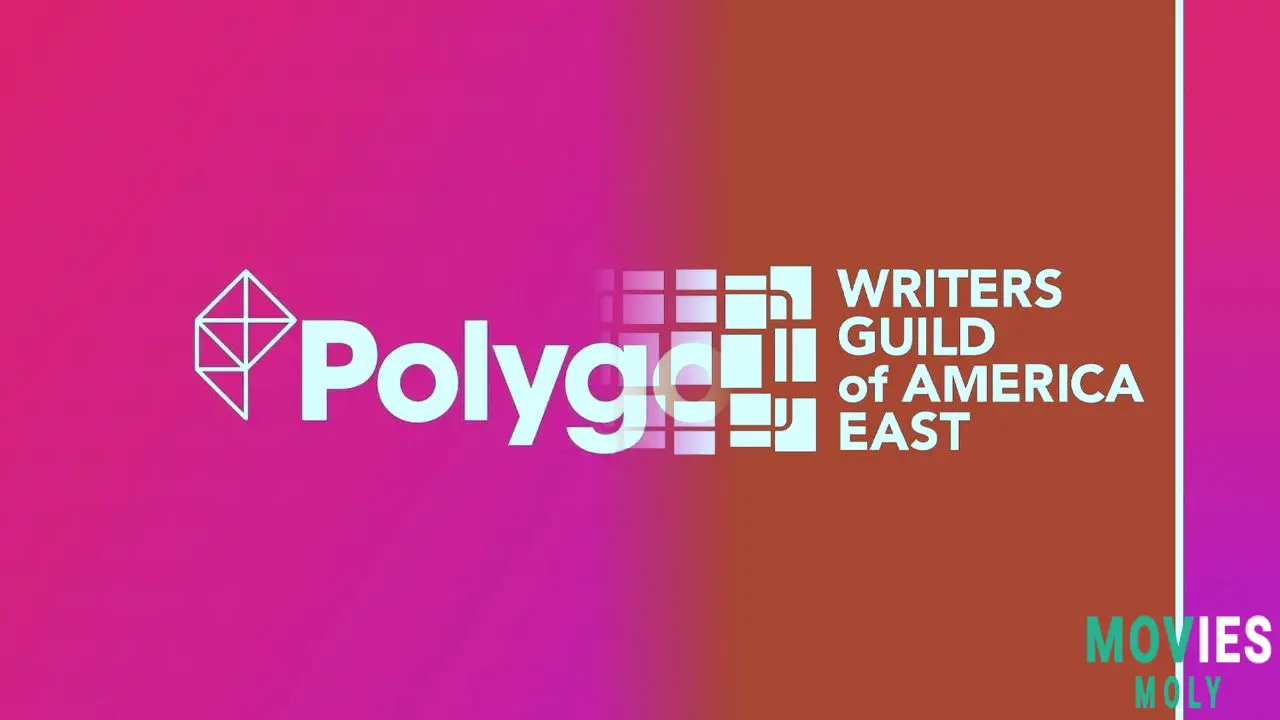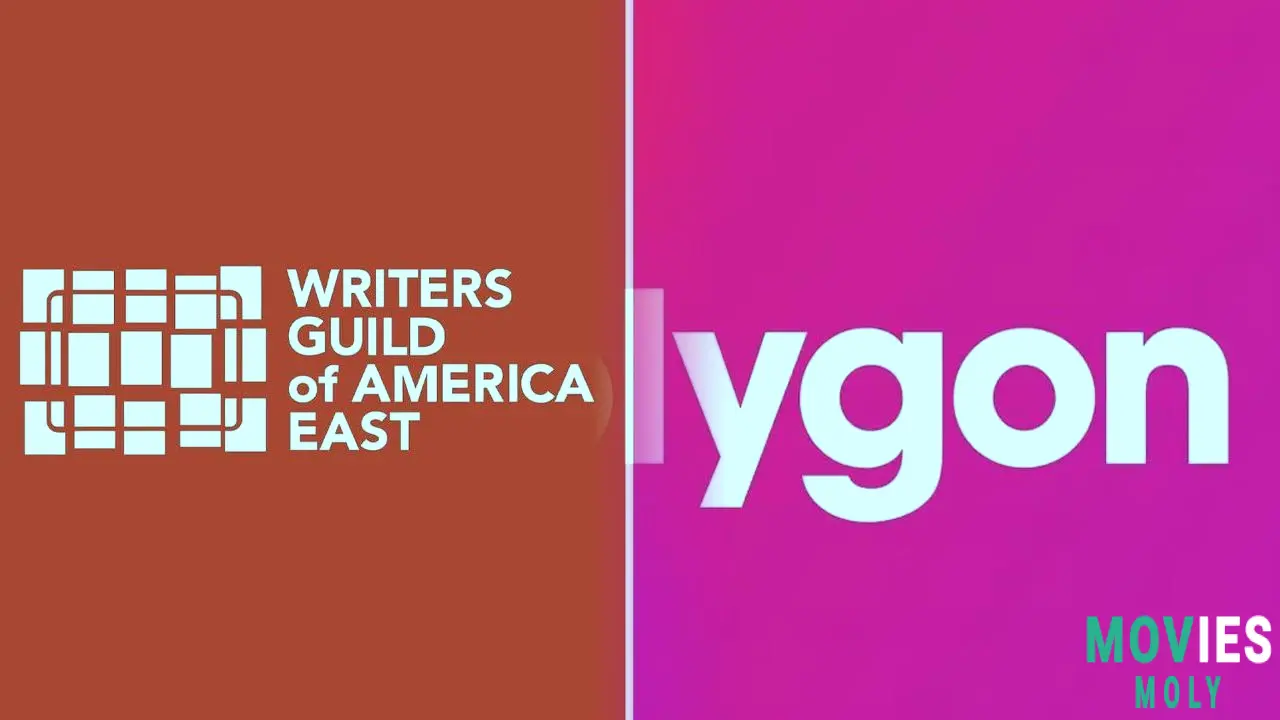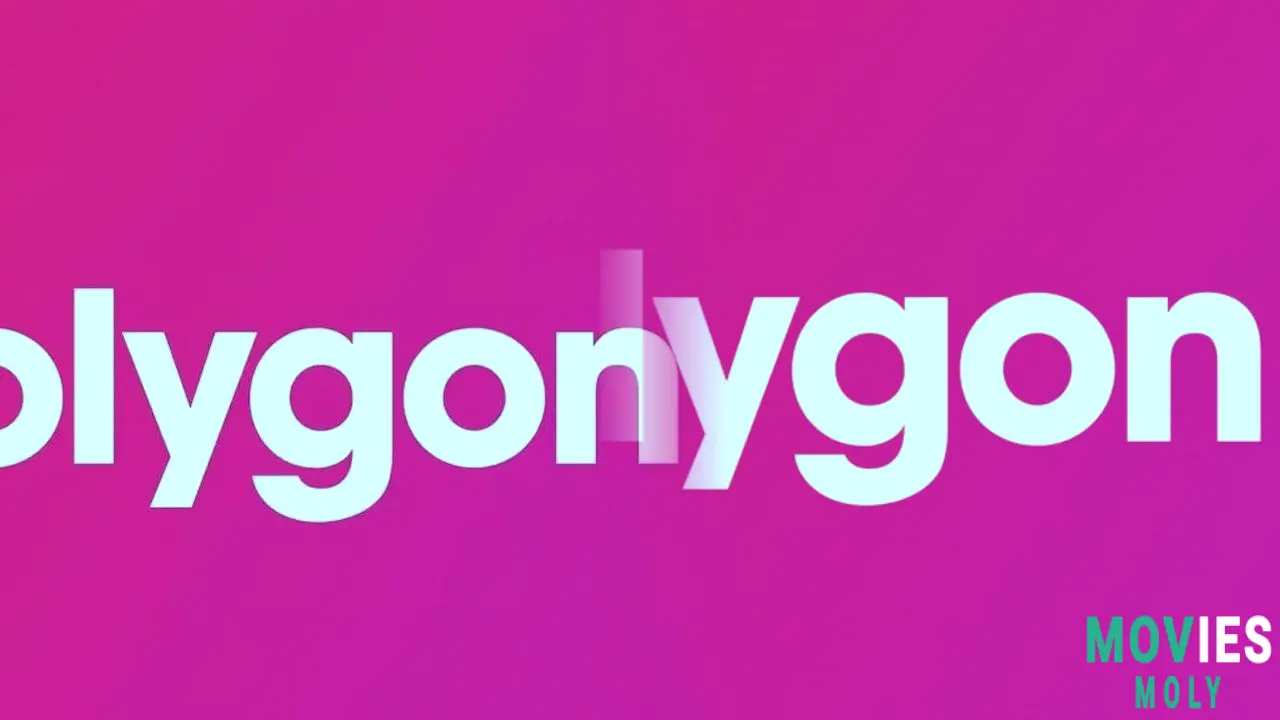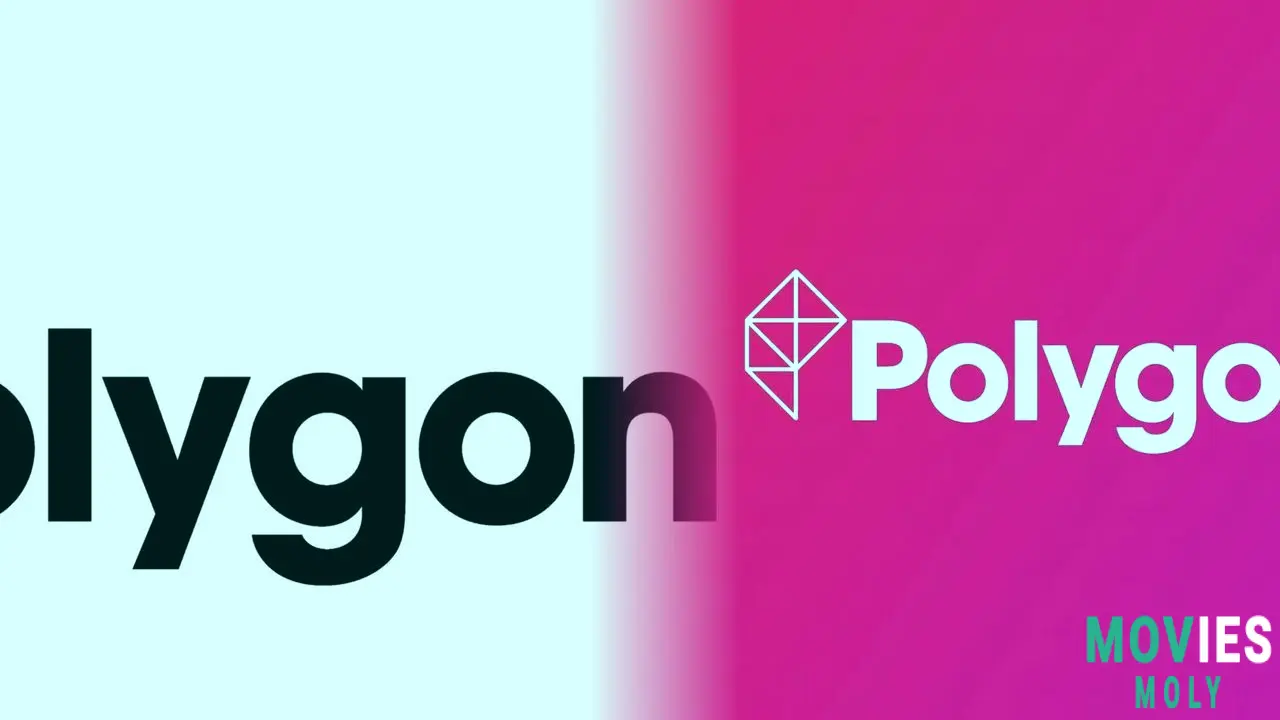By Nicolas Ayala
The recent acquisition of Polygon by Valnet isn’t just a corporate transaction — it’s a seismic shift in the landscape of digital media, one that echoes through the corridors of gaming, comics, and pop culture journalism. While the sale itself made headlines, the deeper story lies in Valnet’s growing empire and what it means for the future of genre and entertainment reporting.
Valnet didn’t just buy Polygon — it bought a legacy of games journalismFounded in 2012 under the Vox Media umbrella, Polygon rapidly became more than just a gaming site. With bylines from Justin McElroy, Michael McWhertor, and Brian Crecente, it evolved into a trusted voice — one that blended investigative rigor with cultural analysis. Now, after over a decade, that legacy has been handed over to Valnet, a company known less for editorial innovation and more for relentless content scaling.
The fallout was immediate and brutal. Nearly the entire Polygon staff was laid off the same day the sale was announced. Co-founder and editor-in-chief Chris Plante, senior reporter Nicole Carpenter, and countless others shared the same grim reality: years of building a brand that resonated with millions were wiped out in an instant. Their voices, for now, are silenced — but their impact on the industry remains indelible.
Behind the curtain: Valnet’s empire of genre sites and content churn

Valnet isn’t a stranger to the entertainment space. The company already controls a sprawling network of genre-focused sites, including Screen Rant, ComicBookResources, TheGamer, MovieWeb, and Game Rant. Add Polygon to that roster, and you’ve got a media juggernaut that dominates the intersection of fandom and commerce.
But what sets Valnet apart — and what has drawn sharp criticism — is its operational method. Reports from TheWrap and insiders at Valnet-owned Collider describe a “content mill” environment, where speed and volume trump depth and nuance. Writers are pushed to produce more, faster, in what some have likened to sweatshop conditions. It’s a model built on clicks, not clips; impressions, not investigations.
Is Valnet reshaping media with scalability or sacrificing substance?

There’s a certain paradox at play. Valnet’s CEO Hassan Youssef called the Polygon acquisition a “powerful reaffirmation of our deep commitment to gaming,” framing it as a win for both audiences and advertisers. From a strategic standpoint, it’s hard to argue with. Valnet now controls some of the most trafficked sites in entertainment — and with that control comes unmatched influence.
Still, the manner in which this deal was executed — with mass layoffs, union backlash, and instant erosion of editorial teams — raises questions about what “commitment” really means. The Writers Guild of America East condemned the sale as “self-defeating” and “short-sighted,” pointing out that Polygon was a key part of Vox Media’s profitability. Cutting staff and selling the brand to a company known for content-churn isn’t just a business move; it’s a message.
The unsung heroes of Polygon’s golden era are ready for their next chapter

Amid the chaos, the Polygon alumni are sparking hope. Plante, Carpenter, McWhertor, and many others are now free agents — and as anyone who follows comics or gaming journalism knows, talent this seasoned doesn’t stay idle for long. Whether they land at Kotaku, IGN, or launch independent projects, these journalists carry with them the credibility and passion that built Polygon in the first place.
There’s a certain optimism in that. Just like comic creators who lose rights to a character but continue to craft legendary stories elsewhere, these writers and editors are carving out new spaces. Polygon may no longer be theirs, but the community and trust they cultivated over the years won’t disappear overnight.
Valnet’s acquisition may have dismantled a team, but it strengthened an empire
For all the heartbreak and backlash, one undeniable truth remains: Valnet is playing for keeps. This isn’t just about owning websites — it’s about owning audiences. In a world where Screen Rant breaks a Marvel spoiler before Disney does, and CBR dissects every DC multiverse twist faster than Warner Bros. can announce them, Valnet is positioning itself as the gatekeeper of genre media.
Whether that’s a good thing for fans, creators, and culture is still up for debate. But like Marvel’s rise under Kevin Feige or DC’s reinvention with James Gunn and Peter Safran, change is often messy before it becomes meaningful. Valnet may not be the hero the media industry wants, but it’s certainly the one that’s making the most moves — for better or worse.
And in the world of digital media, moves are everything.





